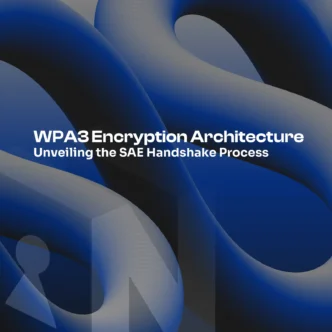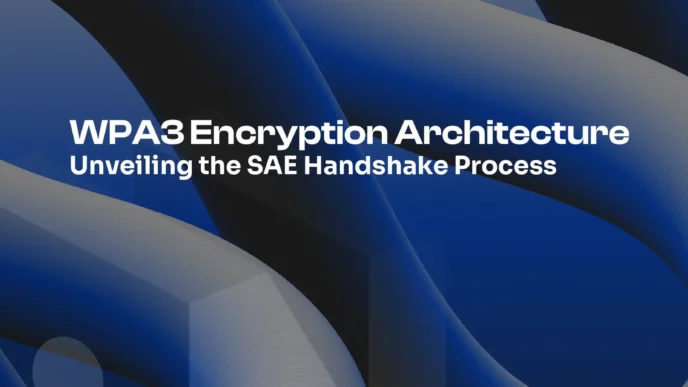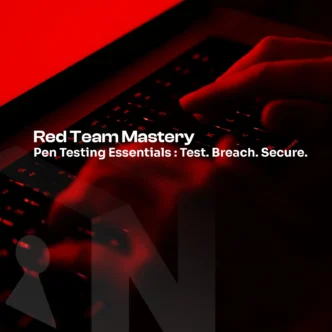One of the most compelling aspects of a career in digital forensics is its competitive salary structure. The compensation package often reflects the combination of technical expertise, analytical skills, and the high stakes involved in cybersecurity investigations.
Factors Influencing Salaries
Several factors influence salaries in the digital forensics field:
- Experience Level: Entry-level positions typically offer lower salaries compared to mid-level and senior roles. As professionals gain hands-on experience and specialize in areas such as malware analysis or network forensics, their earning potential increases.
- Certifications and Education: Certifications like Certified Computer Examiner (CCE), Certified Forensic Computer Examiner (CFCE), and GIAC certifications can significantly boost salary prospects. Advanced degrees or specialized training also add to a candidate’s marketability.
- Industry and Location: Salaries vary by industry. For example, forensic experts in government agencies, financial institutions, and large multinational corporations may command higher wages. Moreover, geographic location plays a critical role—urban centers with higher living costs often offer better pay.
- Technical Expertise: Proficiency in current digital forensic tools and a robust understanding of emerging technologies can lead to salary premiums. Employers highly value candidates who stay updated with the latest digital forensic methodologies and trends.
Salary Trends and Forecast
Recent industry surveys indicate a steady rise in the average salary for digital forensics professionals. According to data compiled by cybersecurity research firms and professional organizations, the average salary in this sector has grown by approximately 5–8% annually over the past few years. This growth is largely driven by an increasing demand for cybersecurity measures in the wake of sophisticated cyberattacks and a global push toward digital transformation.
Moreover, with the advent of remote working and cloud-based operations, digital forensics experts are now more critical than ever in safeguarding digital assets. This trend is expected to continue, leading to even higher compensation as the market adjusts to evolving threats and regulatory requirements.
Essential Skills for Digital Forensics
The pathway to success in digital forensics is paved with a mix of technical prowess and interpersonal skills. Professionals must constantly update their knowledge base and adapt to new challenges in the field.
Technical Skills
- Computer and Network Forensics: In-depth knowledge of operating systems (Windows, Linux, macOS) and network protocols is fundamental. Familiarity with forensic tools such as EnCase, FTK, and open-source alternatives is crucial.
- Data Recovery and Analysis: Mastery in data recovery techniques, including file system analysis and data carving, enables professionals to retrieve and analyze lost or hidden information.
- Programming and Scripting: Skills in programming languages like Python, Java, or C++ are highly beneficial. These languages help automate repetitive tasks, analyze large data sets, and develop custom forensic tools.
- Understanding of Cryptography: With encryption being a standard in data protection, a solid grasp of cryptographic methods is essential for deciphering secured data.
- Cloud Forensics: As organizations increasingly adopt cloud solutions, the ability to investigate cloud storage and virtual environments is becoming indispensable.
Soft Skills
- Analytical Thinking: Critical thinking is vital for piecing together digital evidence and drawing logical conclusions from complex data sets.
- Communication Skills: Professionals must clearly articulate their findings to non-technical stakeholders, including law enforcement, legal teams, and corporate executives.
- Attention to Detail: Precision is key in digital forensics, where a single overlooked piece of evidence can compromise an entire investigation.
- Problem-Solving: The ability to quickly and effectively troubleshoot issues, adapt to unexpected challenges, and think outside the box is essential.
- Ethical Judgment: Given the sensitive nature of digital evidence, maintaining integrity and adhering to ethical standards is paramount.
Mapping Your Digital Forensics Career Path
A well-defined career path in digital forensics can offer numerous opportunities for advancement. Whether you’re just starting out or looking to climb the corporate ladder, understanding the progression of roles is essential.
Entry-Level to Advanced Roles
- Entry-Level Positions: New entrants typically start as junior forensic analysts or technical support specialists. In these roles, they gain hands-on experience with forensic tools, learn industry protocols, and assist in data recovery tasks.
- Mid-Level Roles: With experience, professionals can advance to roles such as forensic investigator or digital evidence analyst. These positions often require a deeper technical understanding, as well as the ability to manage small teams or projects.
- Senior-Level and Specialist Roles: Experts with extensive experience may pursue roles such as lead investigator, forensic consultant, or cybersecurity manager. These positions involve strategic decision-making, leadership responsibilities, and interfacing with executive management.
- Academic and Research Opportunities: For those inclined towards academia or research, opportunities exist in teaching, publishing, or working with research institutions to develop advanced forensic methodologies.
Certifications and Education
Earning relevant certifications is critical to progressing in a digital forensics career. Industry-recognized credentials not only enhance your skill set but also serve as a testament to your expertise. Popular certifications include:
- Certified Computer Examiner (CCE)
- Certified Forensic Computer Examiner (CFCE)
- GIAC Certified Forensic Analyst (GCFA)
- EnCase Certified Examiner (EnCE)
A bachelor’s degree in computer science, cybersecurity, or a related field is typically required for entry-level positions. However, advanced roles may demand a master’s degree or specialized training programs. Many professionals also participate in continuous education programs to keep abreast of the latest industry developments.
Future Trends in Digital Forensics
As digital forensics continues to evolve, professionals must be prepared to adapt to emerging technologies and shifting legal landscapes.
Emerging Technologies
The integration of artificial intelligence (AI) and machine learning into forensic tools is revolutionizing the field. These technologies help automate data analysis, identify anomalies faster, and improve the accuracy of investigations. Additionally, the growth of the Internet of Things (IoT) has expanded the scope of digital forensics to include smart devices and connected systems. Professionals must learn to navigate these complex environments and understand the new types of data they generate.
Evolving Legal and Ethical Challenges
Legal frameworks surrounding digital evidence are in constant flux. Data privacy regulations, such as the GDPR in Europe and similar laws worldwide, are reshaping how digital evidence is collected and stored. Forensic experts must stay informed about these changes to ensure that their methodologies remain compliant. Furthermore, ethical considerations, such as the responsible handling of sensitive data, are increasingly critical. As the digital landscape evolves, so too does the need for robust ethical guidelines to protect both individuals and organizations.
Conclusion: Navigating the Digital Forensics Career
The landscape of Digital Forensics Salary, Skills, and Career Path is both challenging and rewarding. With an increasing demand for cybersecurity expertise and the evolution of digital evidence, professionals in this field are well-positioned for long-term success. By continuously developing both technical and soft skills, pursuing advanced certifications, and staying informed about emerging technologies and legal standards, you can build a robust career in digital forensics.
Whether you’re at the beginning of your journey or looking to elevate your career to new heights, now is the perfect time to invest in your skills and expertise. Embrace the challenges and opportunities that digital forensics offers, and take proactive steps to secure your place in this dynamic field.













